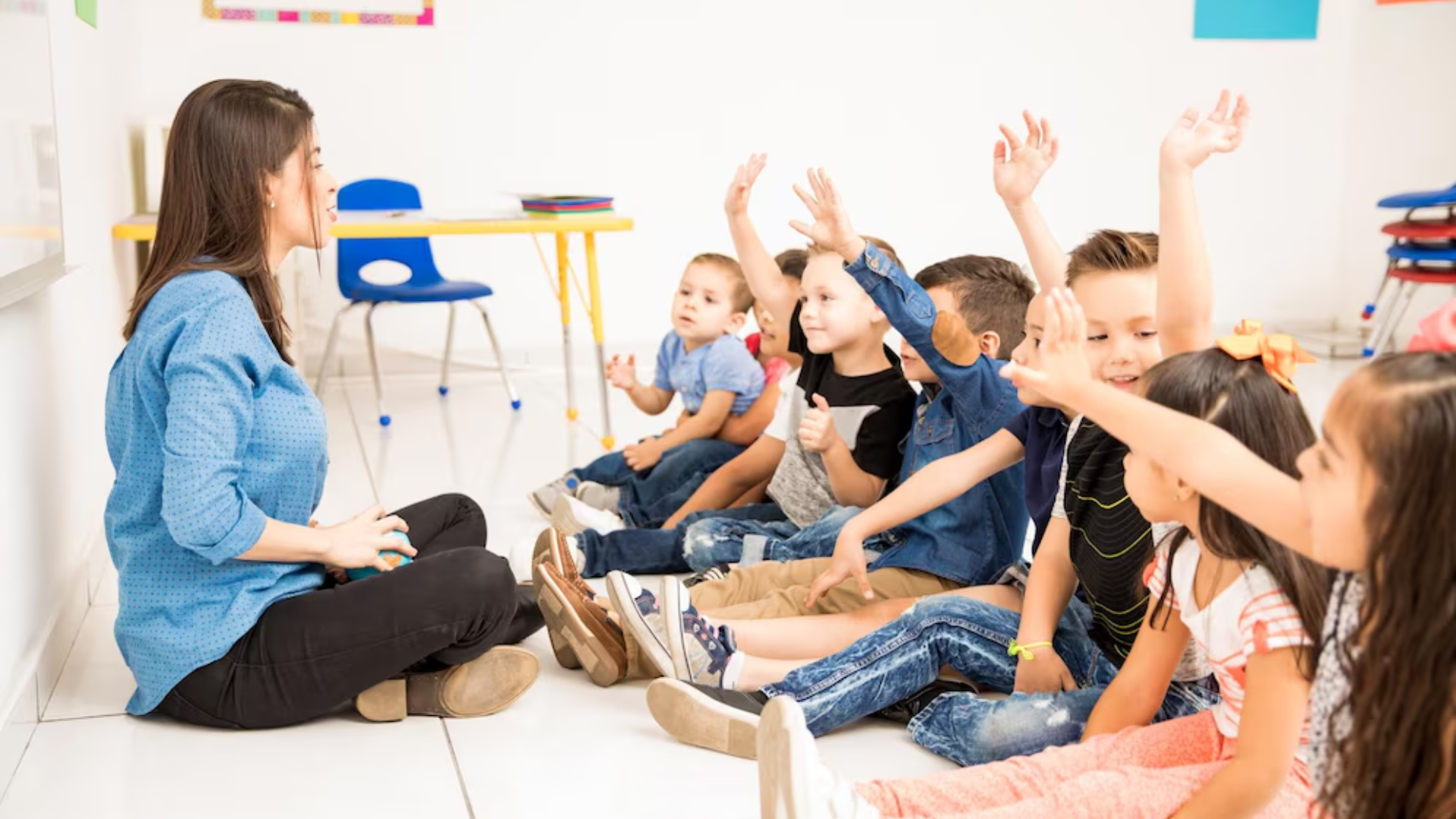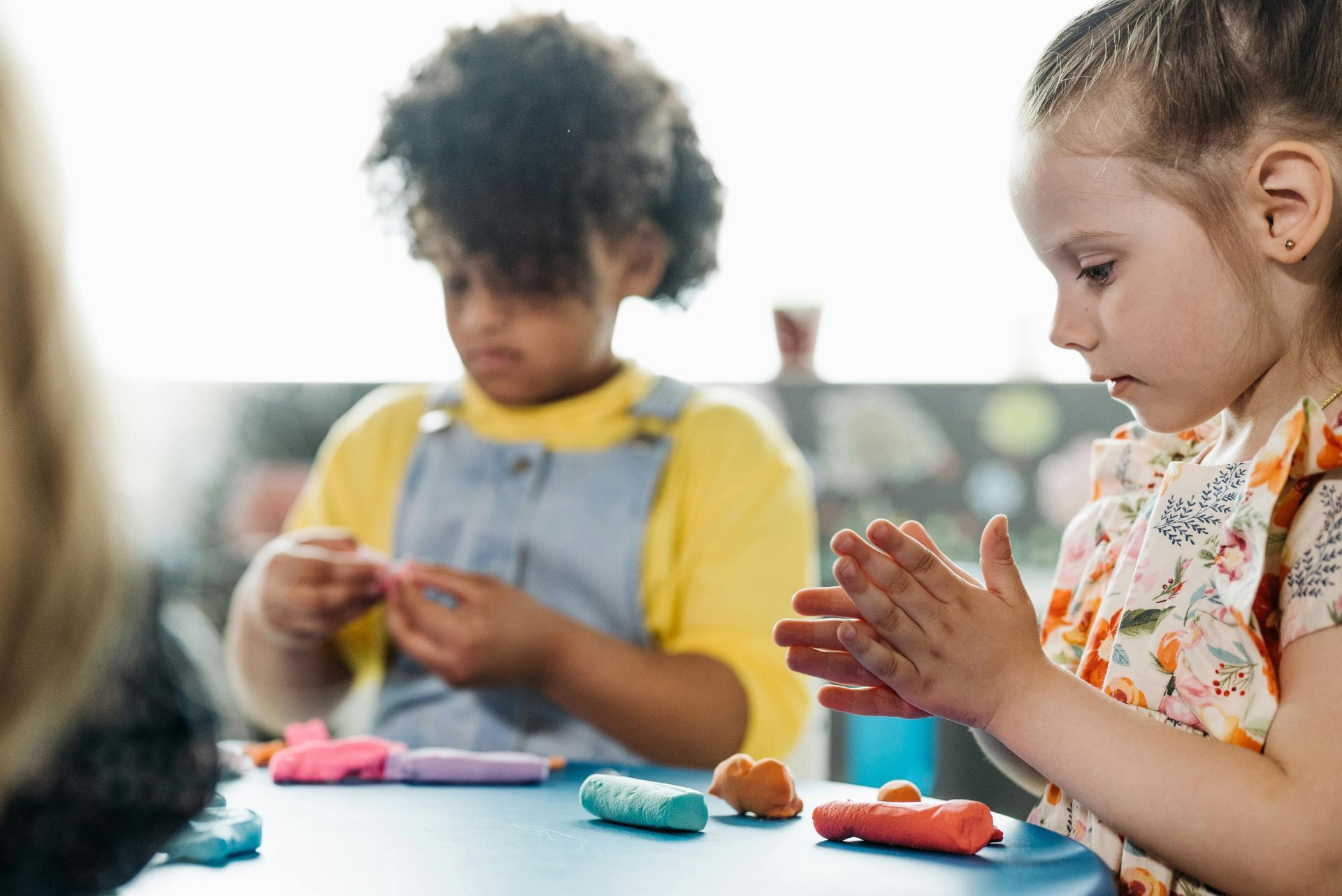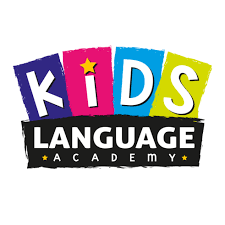How Early Language Learning at Kids Language Academy Prepares Children for a Bright Future in Florida

In today’s fast-paced, interconnected world, children are exposed to a multitude of languages and cultures from an early age. As a result, the ability to communicate in more than one language has become a crucial skill. For parents in Florida, Kids Language Academy offers a dynamic and effective environment where young learners can develop fluency in a second language.
But why is early language learning so important, and how does it prepare children for a bright future? Here’s a closer look at how Kids Language Academy helps shape young minds and sets them on a path to success, both academically and personally.
1. Building a Strong Foundation for Cognitive Development
Research has shown that children who learn a second language at a young age develop enhanced cognitive skills. The earlier a child is exposed to a second language, the more malleable their brain becomes, fostering a stronger foundation for learning and critical thinking. At Kids Language Academy, children as young as 2 or 3 are introduced to language in fun, engaging ways that spark their curiosity and encourage active participation.
Samantha, a mother whose son has been attending the academy since he was four, shares, “I can already see the benefits of him learning Spanish. Not only is his vocabulary expanding, but he seems to have a better ability to concentrate and problem-solve than before. It’s like the language lessons are helping his brain grow in so many ways.”
The immersive approach used by Kids Language Academy helps stimulate areas of the brain responsible for attention, memory, and problem-solving. This mental flexibility makes children better equipped to tackle a variety of academic challenges as they progress in their education.
2. Fostering Early Social Skills and Communication
One of the most immediate benefits of early language learning is the improvement of social skills. Kids Language Academy emphasizes interactive learning, allowing children to practice speaking and understanding a new language in a social setting. This not only improves their communication abilities but also makes them more confident in expressing themselves in different social situations.
Lily’s mom, Rachel, reflects, “When my daughter first started learning French at the academy, she was very shy. But the social aspect of the lessons, like group activities and playtime in French, helped her gain the confidence to speak up. Now, she speaks more fluently in French, and I’ve noticed she’s also more confident when talking in English!”
Learning a language at a young age also enhances a child’s ability to pick up non-verbal communication cues, like body language and facial expressions, which further improves their social interactions. Kids are taught not just the words, but the social nuances behind communication, which helps them engage more effectively with their peers and adults alike.
3. Instilling a Global Mindset and Cultural Awareness
Florida is a melting pot of cultures, and at Kids Language Academy, children are exposed to a variety of cultural experiences alongside their language lessons. Through songs, stories, cooking activities, and themed events, children don’t just learn words—they experience the culture that surrounds them.
For example, Mark, a father whose son Lucas is learning Mandarin, shares, “What I love about the academy is that they don’t just teach the language—they teach my son about the customs, holidays, and traditions that go along with it. We’ve even celebrated Chinese New Year with the class! This has helped Lucas develop a genuine appreciation for different cultures.”
Early exposure to multiple cultures broadens a child’s perspective, helping them develop into more open-minded, empathetic individuals. This global mindset is an invaluable asset in today’s world, where cross-cultural communication and understanding are essential for success in both personal and professional settings.
4. Improving Academic Performance Across the Board
Learning a second language is not just about communication—it’s also about improving overall academic performance. Numerous studies have shown that children who are bilingual tend to perform better in other subjects, including mathematics, reading, and problem-solving. This is because learning a language involves pattern recognition, memory skills, and the ability to think critically.
Maria, a mother of two, says, “I’ve noticed that my daughter, Sophia, is excelling in school since starting language lessons at Kids Language Academy. She’s always been good at math, but now she’s even better at reading and writing. I believe learning Spanish has helped her develop the skills she needs to succeed in all subjects.”
Kids Language Academy’s immersive approach to language learning helps children practice multitasking, focus, and memory, which are transferable skills that can benefit them in every area of their education. Whether it’s understanding complex math problems or reading comprehension, the benefits of learning a second language extend beyond just linguistic ability.
5. Enhancing Future Career Opportunities
As children grow, the benefits of early language learning become even more apparent. In today’s globalized job market, being bilingual is a highly sought-after skill. According to studies, bilingual employees often have access to better job opportunities, higher salaries, and the ability to work in international settings. Kids Language Academy prepares children for these opportunities by giving them a head start in mastering a second language.
John, a father of a young girl who has been attending Kids Language Academy’s Spanish program, shares, “I know that learning a second language now will give my daughter a huge advantage in her future. Whether she wants to work in international business, travel the world, or connect with different cultures, having Spanish under her belt will open so many doors for her.”
Learning a second language early not only makes children more competitive in the job market but also helps them become more adaptable and culturally aware employees in the future.
6. promoting long-term academic success and lifelong learning
Early language learners often develop a lifelong love for learning. Because they see the tangible benefits of language acquisition from a young age, they become more curious about other languages and cultures. This curiosity leads to a growth mindset, where children see learning as an exciting, ongoing process.
Jessica, whose son Ryan has been studying Italian at Kids Language Academy, reflects, “Ryan loves his language lessons so much that he’s already asking if he can learn more languages when he’s older. The academy has sparked a love for learning in him that I know will last a lifetime.”
The academy’s engaging and nurturing environment makes learning feel like an enjoyable and rewarding experience. This positive attitude toward education helps children develop a growth mindset, which is essential for tackling challenges and pursuing knowledge throughout their lives.
7. Supporting a Strong Parent-Teacher Partnership
At Kids Language Academy, learning is a collaborative effort. Parents are encouraged to be actively involved in their child’s language learning journey, whether by participating in cultural events, supporting at-home practice, or attending parent-teacher conferences. This creates a strong partnership between the family and the academy, which ultimately benefits the child’s development.
Angela, a parent who regularly attends academy events with her daughter, says, “We love being part of the Kids Language Academy community. The staff is always so welcoming, and they genuinely care about our child’s progress. Being able to work together with them has made a huge difference in our daughter’s success.”
By fostering a strong relationship between parents and teachers, the academy ensures that children’s language learning is supported both at school and at home, enhancing their chances of success.
To discover how early language learning at Kids Language Academy prepares children for a bright future, read more about the benefits here. Additionally, explore what Florida families are saying about the academy’s impact on their child’s growth and development hear their stories here.
Conclusion
At Kids Language Academy, early language learning is more than just about acquiring vocabulary—it’s about equipping children with the cognitive, social, and cultural tools they need to succeed in an increasingly globalized world. From enhancing academic performance and boosting cognitive development to fostering confidence and cultural awareness, the benefits of learning a second language at a young age are immeasurable.
By giving children the opportunity to learn a new language in a fun, supportive, and immersive environment, Kids Language Academy is preparing them for a bright future filled with endless possibilities. If you want to give your child the best start in life, enrolling them in a language program at Kids Language Academy could be the first step toward a successful and fulfilling future.










